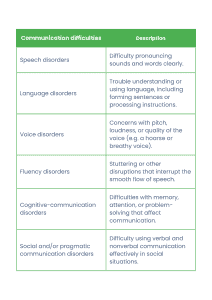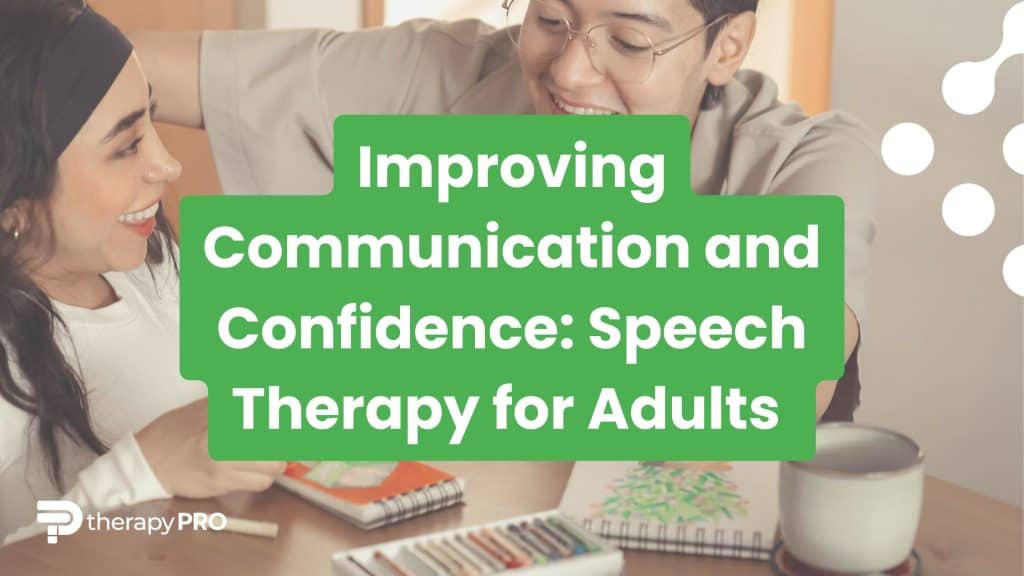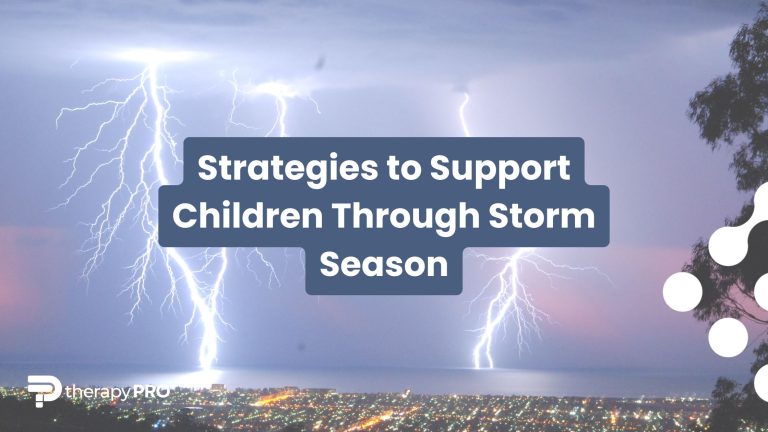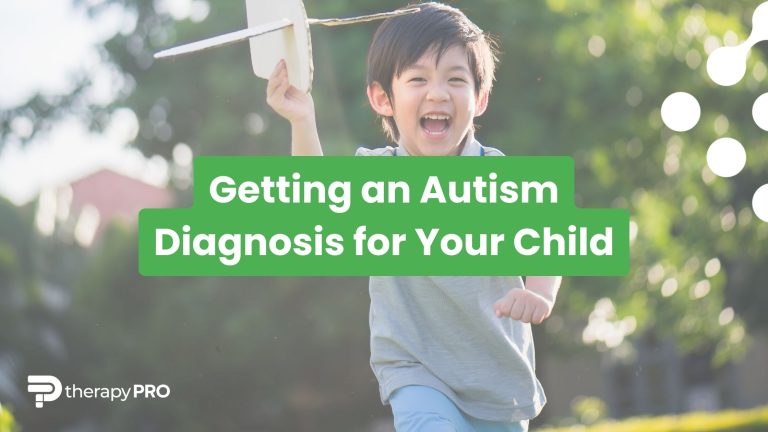Speech Therapy for Adults: Improving Communication and Confidence
Communication is a human right. It connects us to others, allows us to express our thoughts and needs, and helps us participate in everyday life. And communication in all its forms – spoken, gestured, or device-assisted – is equally valuable.
For adults experiencing speech, language, or cognitive-communication challenges, speech therapy can be life changing.
With the right support, therapy can improve communication and rebuild confidence in both personal and professional settings.
Great speech therapy matters
Adults who work with a great speech therapist often feel more empowered as they build stronger communication skills and reclaim their confidence.
If you’re an adult or caregiver exploring speech therapy through the NDIS or privately, this article from Chloe, Therapy Pro Speech and Language Pathologist, will help.
Chloe shares:
- Common communication challenges faced by adults
- Therapy techniques and strategies
- How therapy helps build confidence
- How adults can access speech therapy via the NDIS
Common communication challenges faced by adults
Speech and communication difficulties can result from neurological conditions, developmental differences, or acquired injuries.
These challenges can create barriers in daily life, making it difficult to order a coffee, hold a conversation, or return to work. Over time, they may also impact self-esteem and lead to social withdrawal.
Here are some common types of communication difficulties
(To keep a copy of this table, right click and save as image)

How speech therapy for adults helps
Speech therapy is highly individualised, and will look, feel, and sound different for adults and children. A speech therapist will tailor their approach to meet your therapy goals.
Here are some common speech therapy techniques or approaches used with adults:
- Articulation exercises to improve pronunciation and speech clarity.
- Language strategies that build vocabulary, sentence structure, and comprehension.
- Voice exercises and techniques to support vocal health and improve vocal efficacy/quality (e.g., pitch, tone, and projection).
- Fluency strategies to reduce stuttering and encourage smooth, natural speech.
- Cognitive-communication activities that target memory, attention, and communication planning.
- Social communication support to help navigate conversations, tone, and non-verbal cues.
- AAC (Augmentative and Alternative Communication) training to support communication using devices, symbols, or gestures where needed.
A great therapist will apply and adapt these techniques to your life and your goals. Whether you’re practicing speech while reading aloud or using a fluency strategy when ordering a coffee, therapy becomes part of your everyday routine.
Building confidence through speech therapy
When communication becomes easier, confidence often follows.
For adults who stutter, therapy works towards improving fluency and helping you feel heard without fear of judgement. For someone recovering from a stroke, regaining the ability to hold a conversation can renew your sense of independence.
At its best, speech therapy offers a safe and supportive space to grow. It’s about exercises and techniques, as well as the relationship between therapist and client.
Great therapy is collaborative, respectful, and built around what matters most to the individual.
Speech therapy for adults and the NDIS
For adults supported by the NDIS, speech therapy can be funded through Improved Daily Living supports.
Therapy aims to improve functional communication and support personal goals, whether that’s returning to work, managing daily tasks more independently, or building social connections.
Speech therapy through the NDIS may involve:
- Developing communication strategies for everyday tasks (e.g., ordering food or managing appointments).
- Supporting communication using AAC tools or assistive technology.
- Involving family members, caregivers, or support workers in therapy to promote consistent support at home and in the community.
Great therapy goes beyond the individual. It brings together the participant’s support network to help sustain progress.
Make your move toward great speech therapy
If you or someone you support is facing communication challenges, speech therapy can make a real difference.
At Therapy Pro, we believe great therapy is personal, empowering, and built on trust. Our team of speech and language pathologists supports adults across Australia to achieve their goals through tailored, evidence-based care.
Reach out today to learn how our team can support you on your journey. Or if you’re looking for additional resources, this article on what to ask before starting therapy may be helpful.
About the author: Chloe – SLP offering speech therapy for adults
Chloe is a dedicated speech and language pathologist who has been practicing since February 2023. She is part of our wider clinical team supported by exceptional speech therapy leadership.
Passionate about working with the ageing population, Chloe specialises in supporting clients with dysphagia, speech, and voice challenges. She takes a holistic approach to therapy, getting to know her clients’ priorities, interests, and preferences to create personalised plans that help them achieve their goals.
Chloe believes that great therapy is built on trust, collaboration, and meeting clients where they are, ensuring they feel supported every step of the way.




